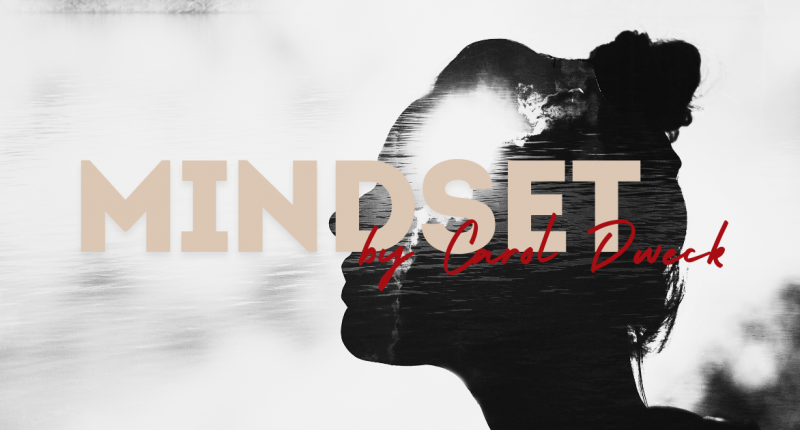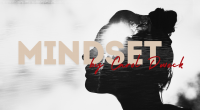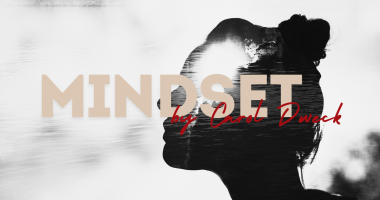Have you ever been in a relationship where you thought, If we’re meant to be, everything should just work out? Or maybe you’ve avoided difficult conversations because you were afraid of conflict? I’ve been there. And for the longest time, I thought that relationships were supposed to be easy. But Chapter 3 of Mindset: The New Psychology of Success showed me that the key to healthy, fulfilling relationships isn’t perfection—it’s growth.
Carol Dweck explores how fixed and growth mindsets shape the way we approach love, friendships, and conflicts. And the differences are eye-opening.
Fixed Mindset: The Myth of the Perfect Relationship
People with a fixed mindset often believe that relationships should be effortless. They think that if they’re with the “right” person, everything will just fall into place. And when conflicts arise, they see it as a sign that the relationship is flawed.
I used to think this way. I’d avoid difficult conversations because I was afraid of rocking the boat. And when conflicts did arise, I’d feel like it was a sign that the relationship wasn’t meant to be. But what I didn’t realize was that by avoiding conflict, I was also avoiding growth.
Growth Mindset: Relationships as Opportunities for Growth
On the other hand, people with a growth mindset see relationships as opportunities for growth. They understand that conflicts are a natural part of any relationship, and they’re willing to put in the effort to resolve them.
This was a game-changer for me. I realized that conflicts weren’t a sign of failure—they were an opportunity to learn and grow. And the more I embraced this mindset, the stronger my relationships became.
Conflict Resolution: Fixed vs. Growth Mindset
One of the most striking differences between the two mindsets is how they approach conflict. Fixed-mindset individuals tend to avoid communication, blame others, and give up easily. Growth-mindset individuals, on the other hand, approach conflicts with empathy, seek to understand, and work toward solutions.
I’ll admit—I used to be terrible at handling conflict. I’d either avoid it altogether or blow up in frustration. But now, I try to approach conflicts with curiosity and a willingness to understand the other person’s perspective. And that shift in mindset has made all the difference.
Effort in Relationships: A Sign of Strength
Another key difference is how mindsets influence our perception of effort in relationships. Fixed-mindset individuals see effort as a sign that the relationship is flawed. Growth-mindset individuals see effort as a necessary and positive part of building a strong relationship.
This really resonated with me. I used to think that if a relationship required effort, it wasn’t meant to be. But now, I see effort as a sign of commitment and care. It’s not about being perfect—it’s about growing together.
Personal Growth in Relationships
Finally, Dweck highlights the importance of personal growth in relationships. Fixed-mindset individuals often resist change, fearing it will disrupt the relationship. Growth-mindset individuals embrace personal growth and see it as a way to strengthen the relationship.
This was a powerful reminder for me. I realized that by focusing on my own growth, I could bring more to my relationships. And by supporting my partner’s growth, we could grow together.
Final Thoughts
Chapter 3 was a powerful reminder that our mindset shapes not only our individual success but also the quality of our relationships. If we want to build healthy, fulfilling relationships, we need to embrace challenges, value effort, and see conflicts as opportunities for growth.
If you’re feeling stuck in your relationships, take a moment to check in with yourself. Are you avoiding conflict because you’re afraid of failure? Are you seeing effort as a sign of weakness? And most importantly, what can you do to shift toward a growth mindset?
Remember, relationships are not about perfection—they’re about growth. And with a growth mindset, there’s no limit to how deep and meaningful your connections can be.


